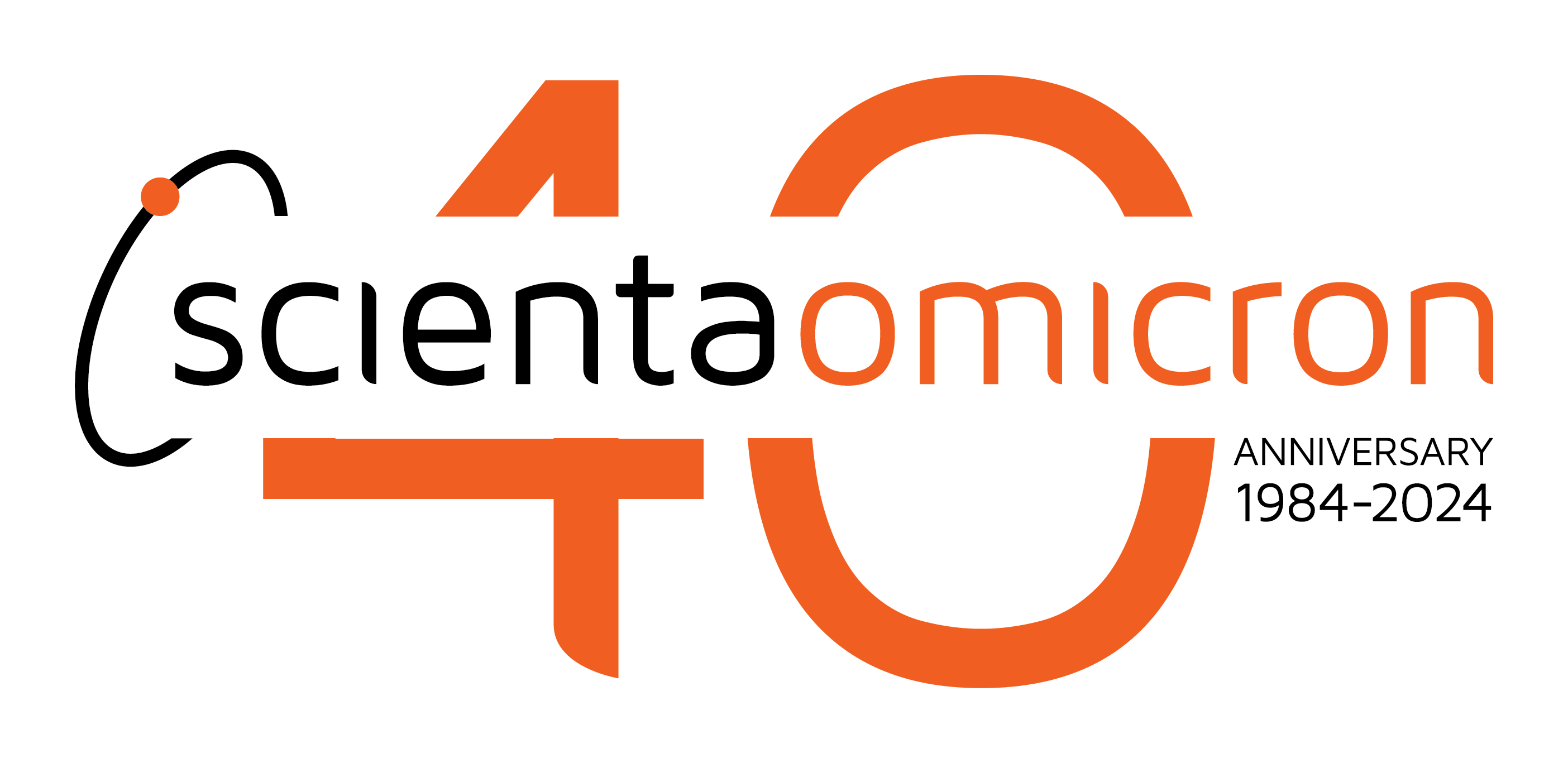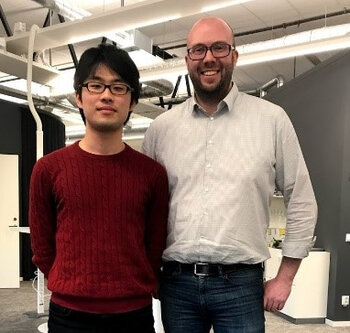Scienta Omicron congratulates Takahiro Hashimoto on his recent PhD from The University of Tokyo
Dr. Takahiro Hashimoto
Department of Advanced Materials Science, School of Frontier Sciences
????????
I stayed in Scienta Omicron to develop new photoelectron detectors and analysers for Angle-Resolved Photoemission Spectroscopy (ARPES) measurements. The company is especially famous for detectors and analysers used in ARPES measurements.
????????
I mainly did investigations for new photoelectron detectors, although the detail is confidential. I compared several measurement principles and estimated physical parameters, such as measurement errors and sizes of apparatus. I joined the discussion with professionals of electron optics or production, as a professional of condensed matter physics and a user of the instruments. Finally, we made an internal presentation on summary of discussion. We confirmed that it is a promising project, and we will continue it.
I also tested and evaluated a deflector-type photoelectron analyser, which enables measurements without the sample rotation, with an electron gun. This is sold as the DA20 now. I also tested a new software for measurements, then made feedbacks for manuals of new instruments.
??????????
During my stay, I was impressed by a stress-free and concentrated atmosphere in the company. Employees are friendly to each other regardless of their positions, and there are coffee times (Called ‘Fika’ in Swedish) every day which almost everyone participates. I could concentrate on work because working time between rests is less than three hours. I felt working efficiency is very high.
I use photoelectron detectors and analysers in my research, and I learned a lot from instrumental point of view during this internship. We will keep in touch and discuss proceedings of developments.
????????????????
I would like to express my gratitude deeply to Dr. Marcus Lundwall, and Dr. John Åhlund for giving me the opportunity of this internship. Also, I would like to thank many other people in Scienta Omicron for fruitful discussions.
I would like to thank Professor Shik Shin and Associate Professor Kozo Okazaki for allowing me to go to this internship. I am also grateful to Professor Kazushi Kanoda for giving me the idea of this internship. I appreciate the Institute for Solid State Physics (ISSP), the University of Tokyo for financially supporting this internship.
????? ??
I received my Ph.D. Degree in Science in March 2020 from The University of Tokyo. I worked with Prof. Shik Shin in ISSP, who is famous for ARPES measurements in Japan. I will work in Scienta Omicron from August 2020, however, the starting time will depend on how the situation related to COVID-19 proceeds.

